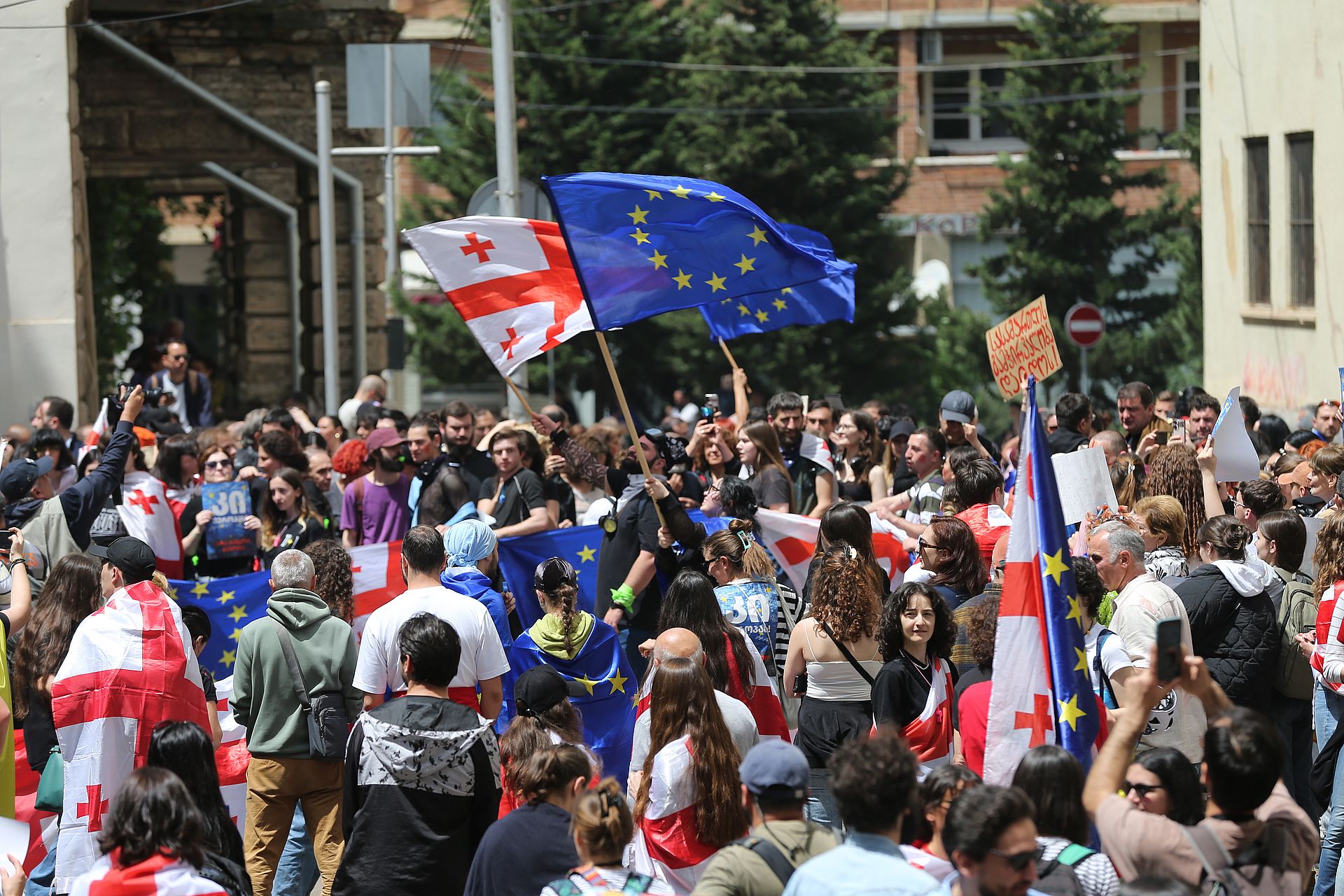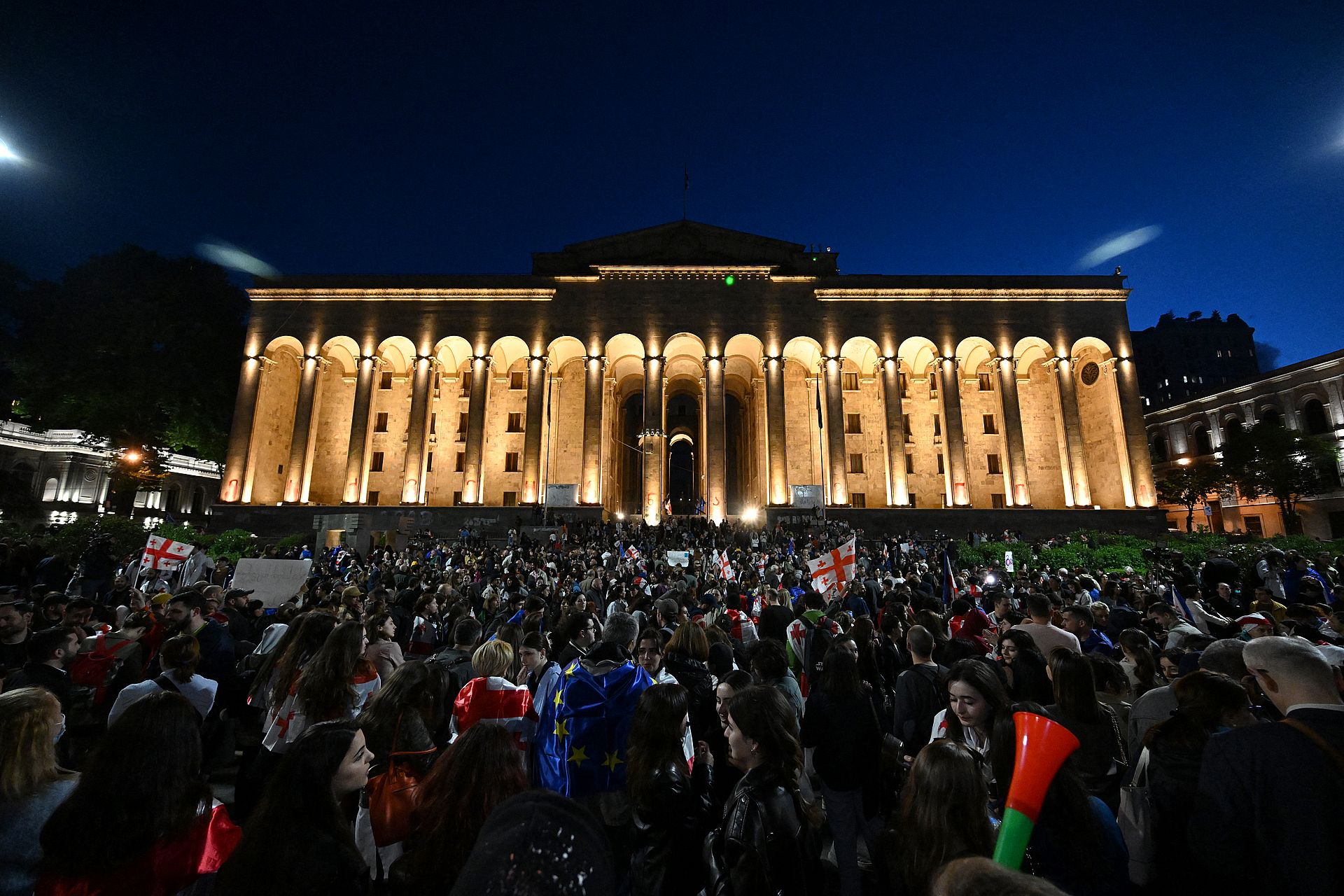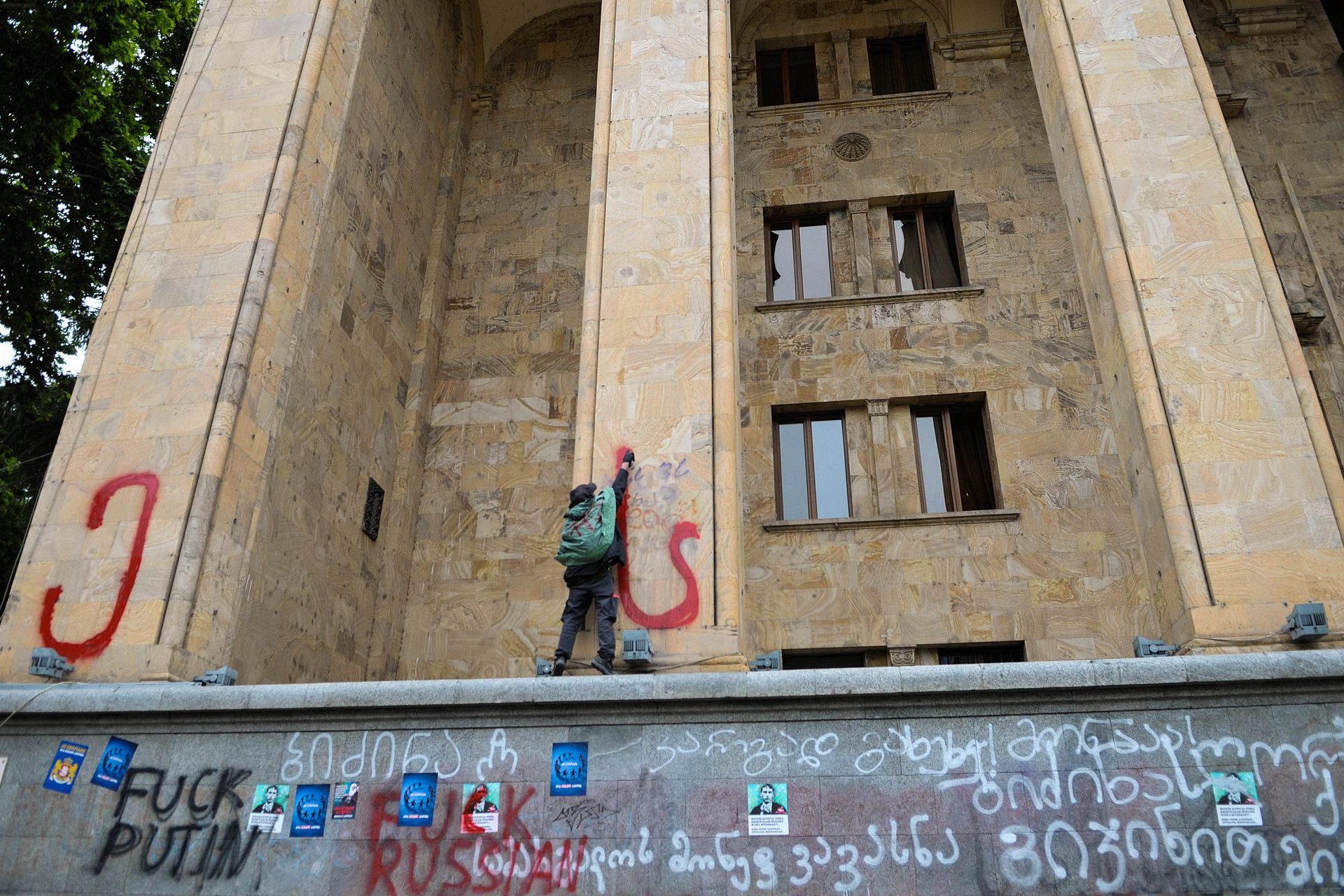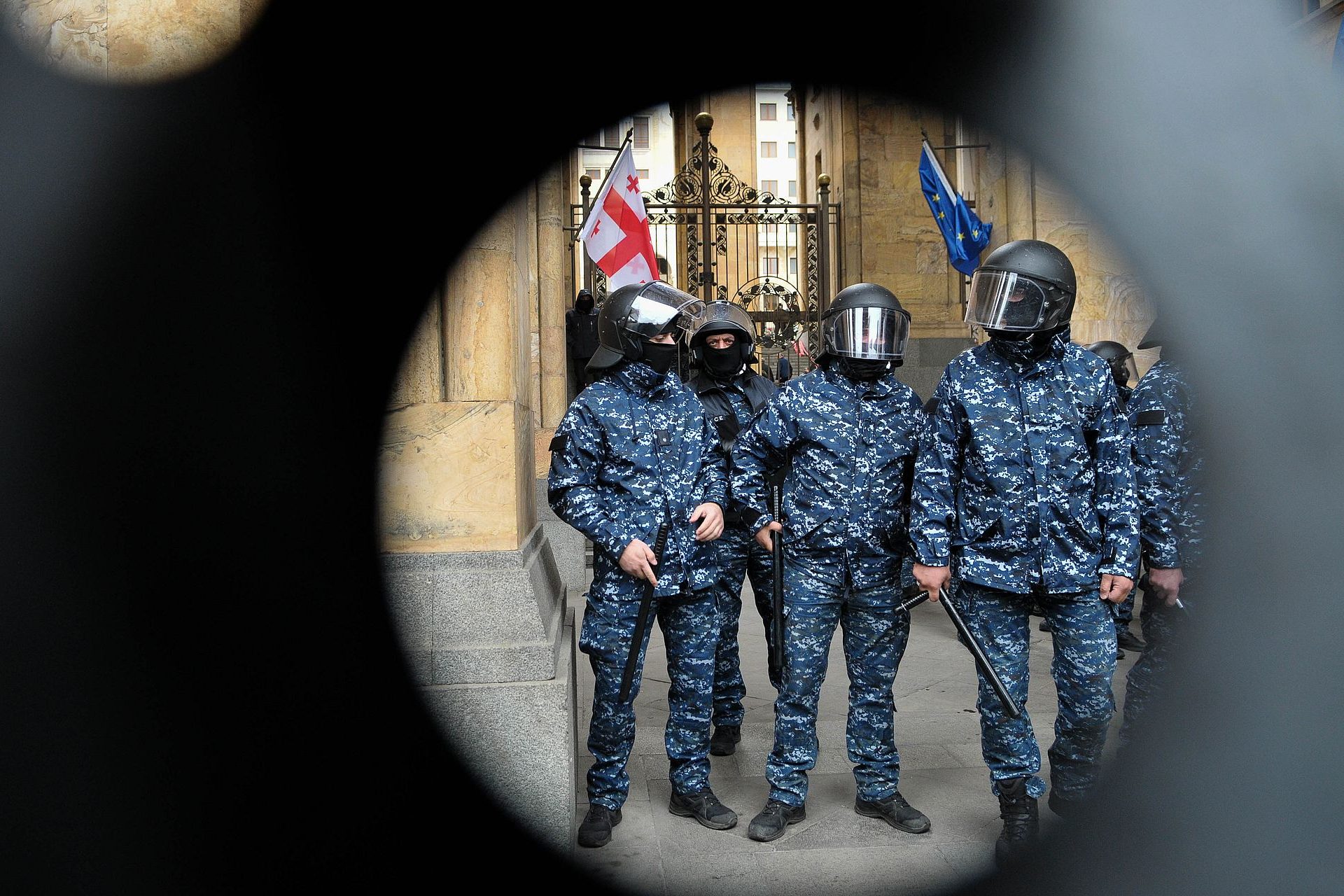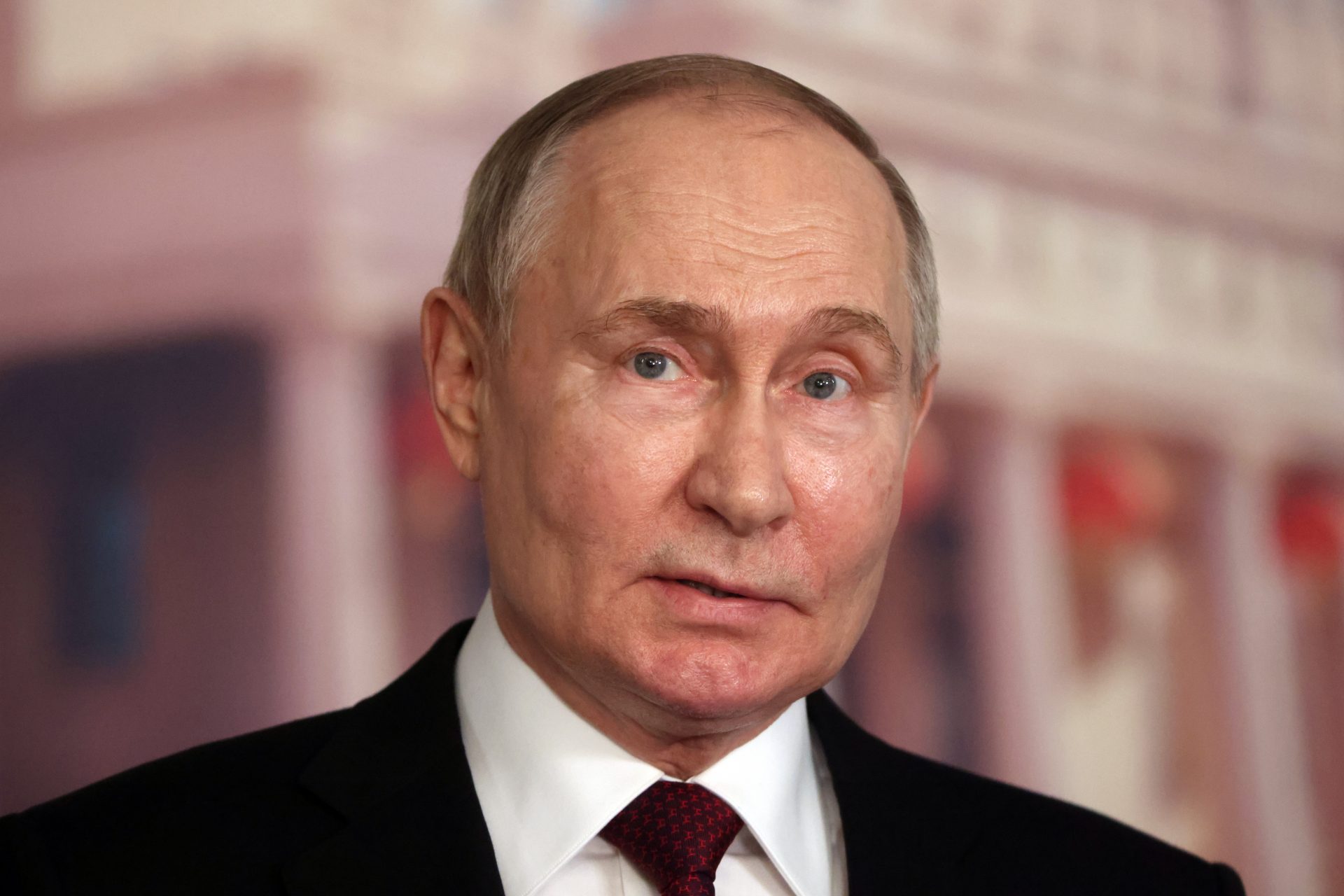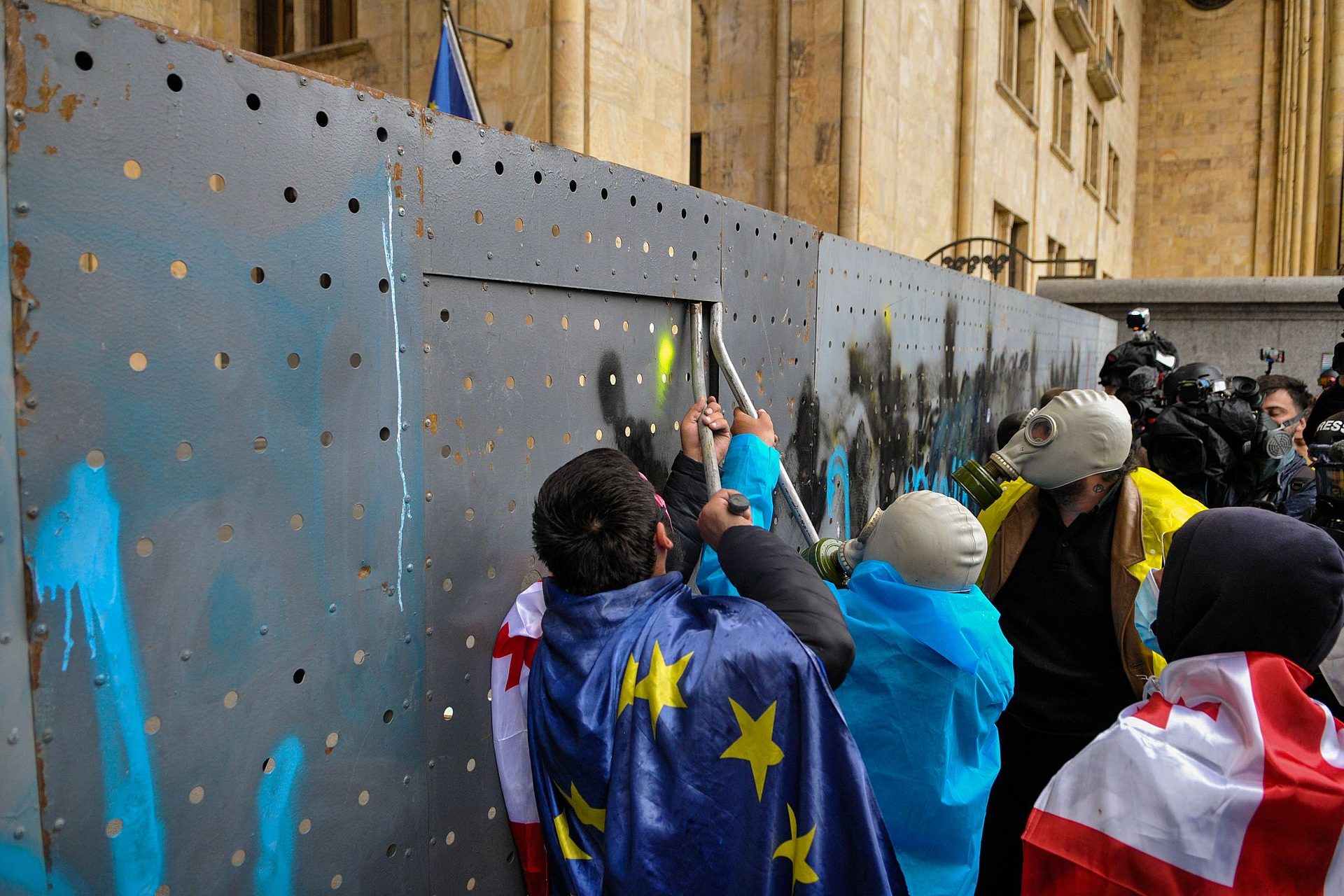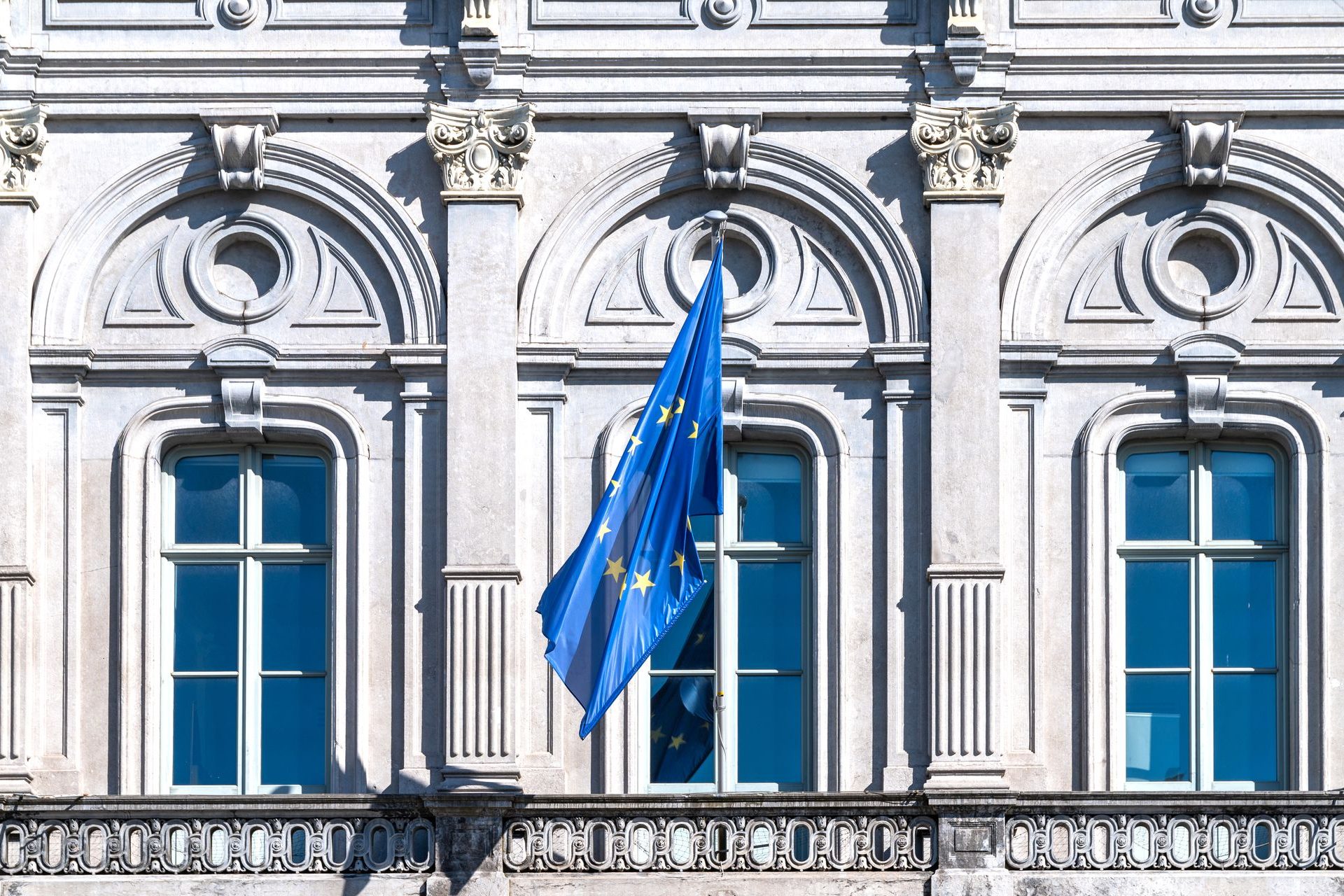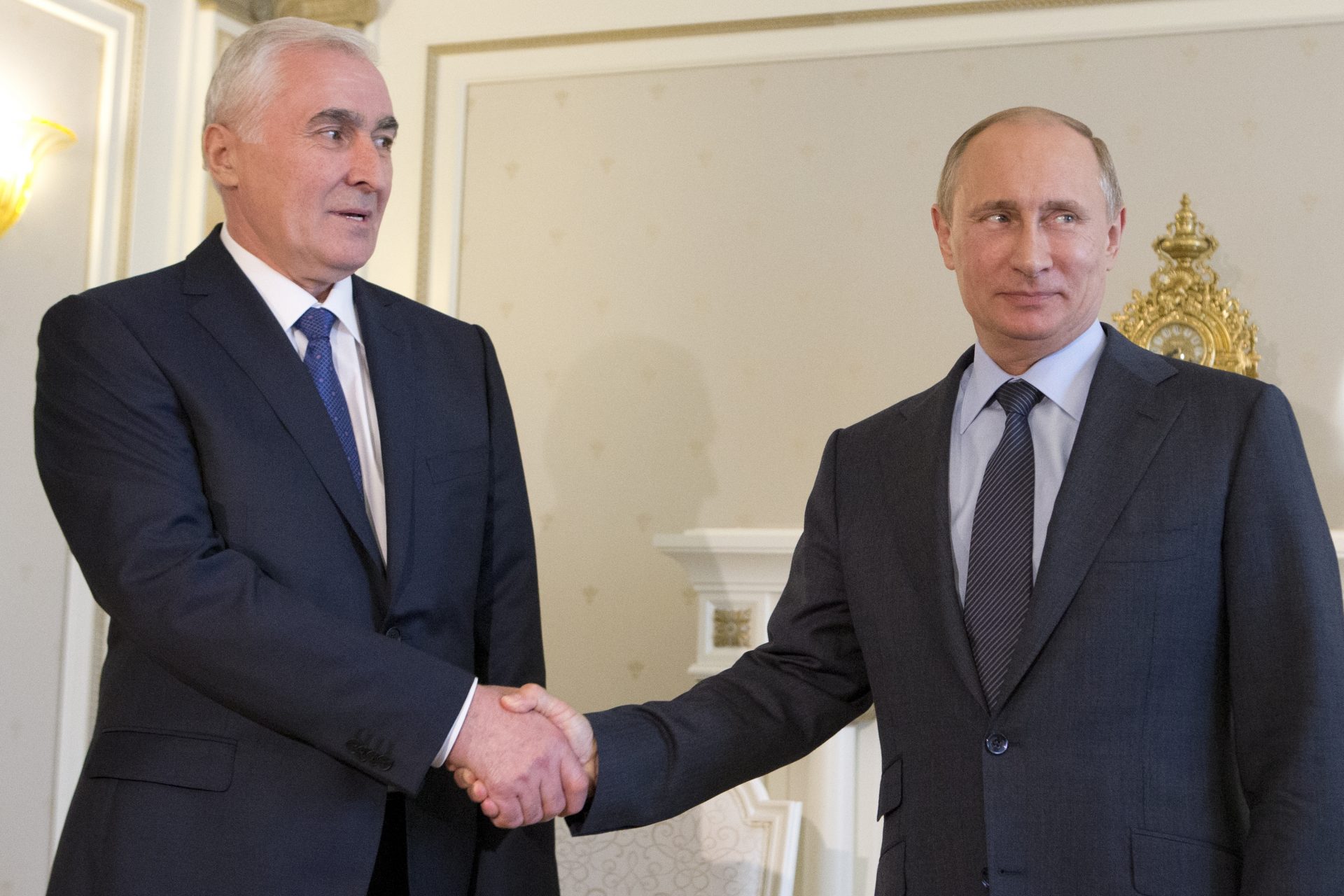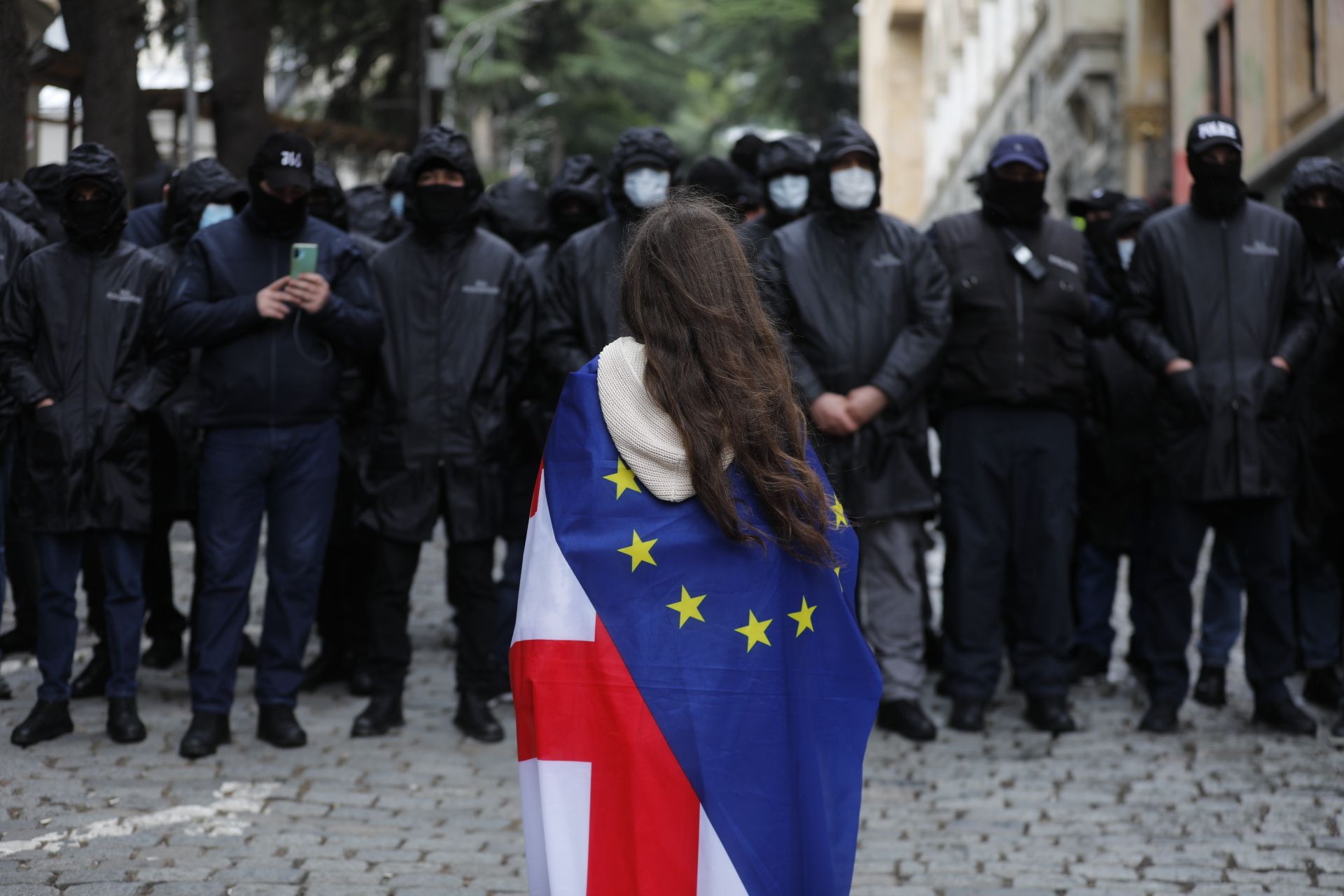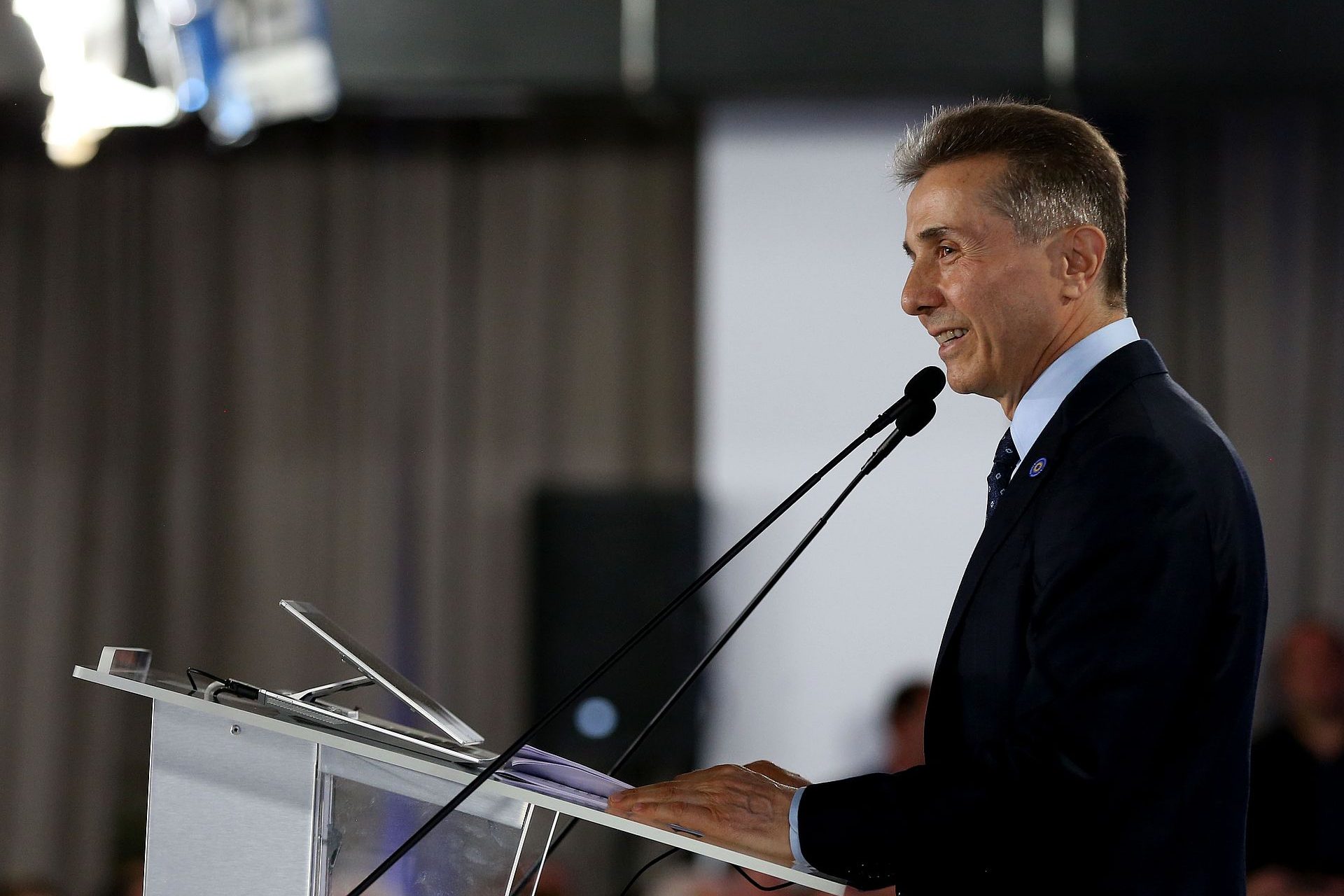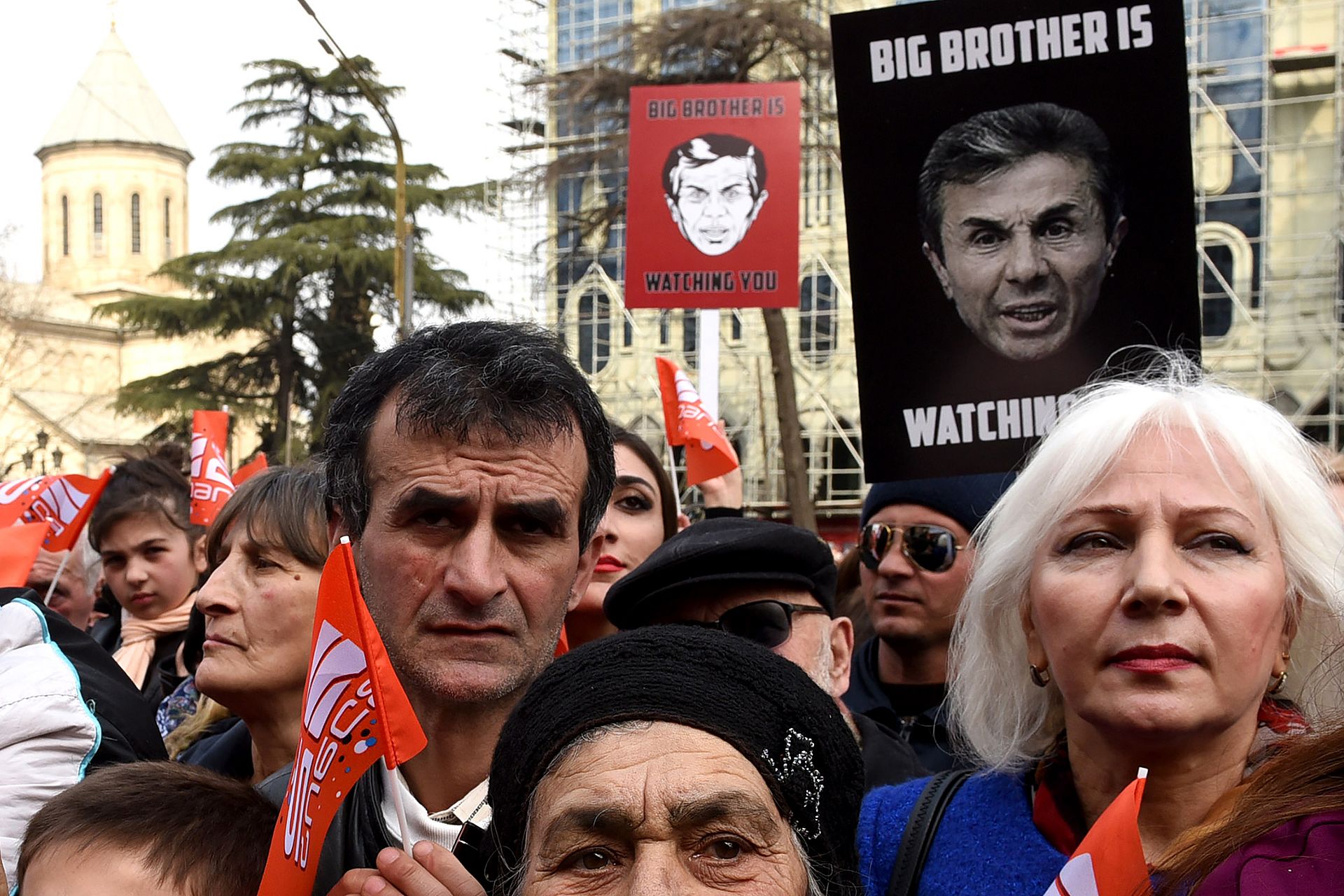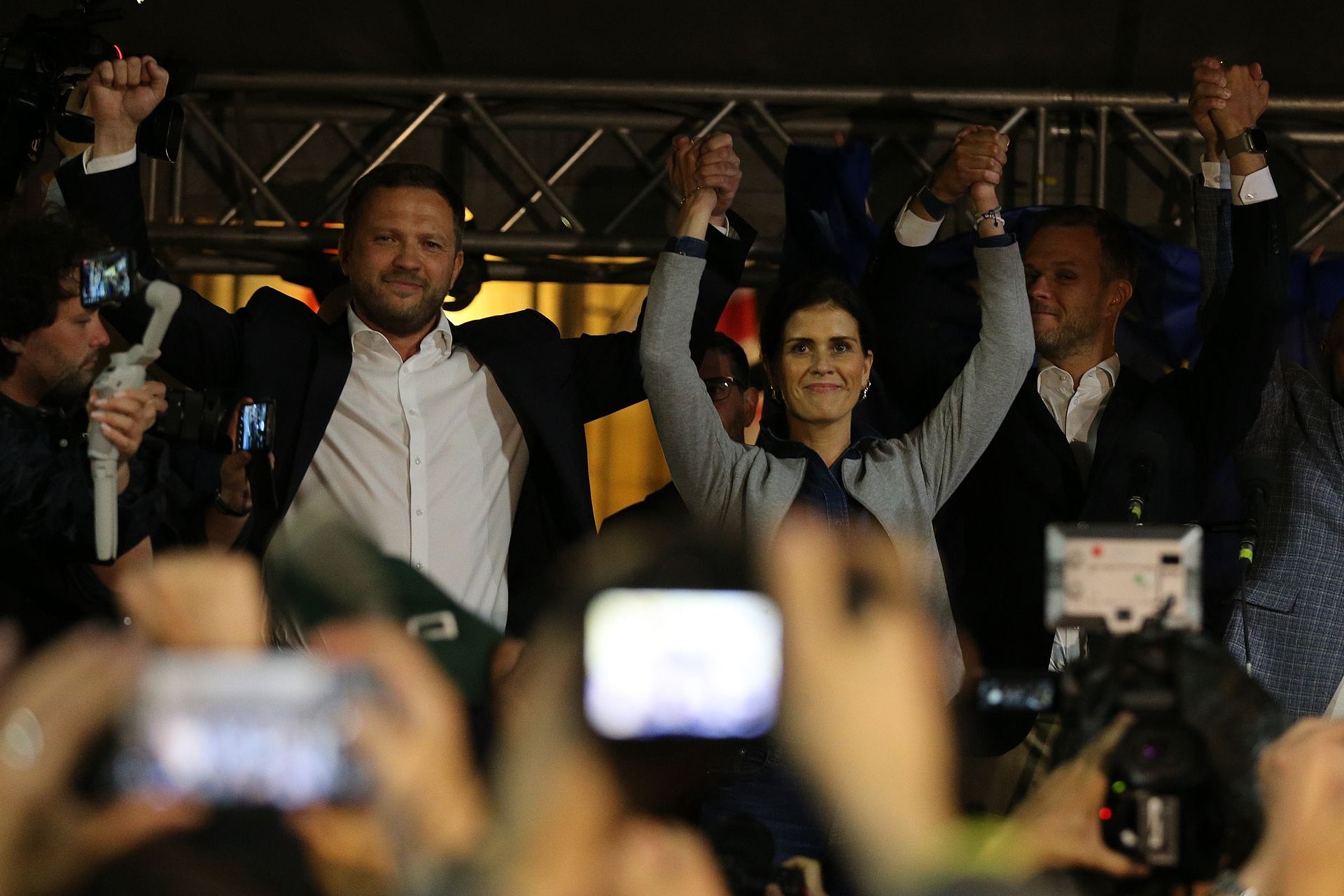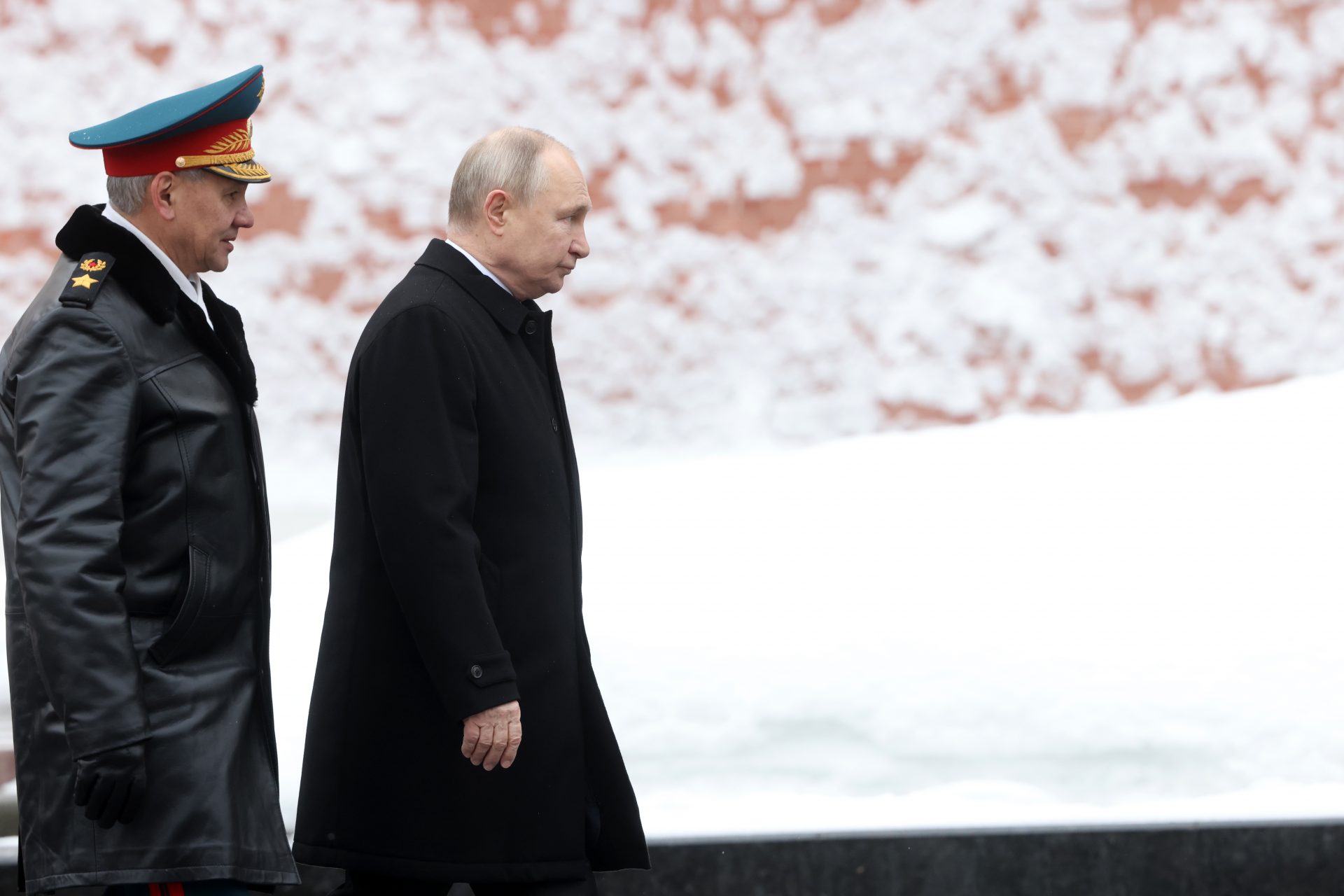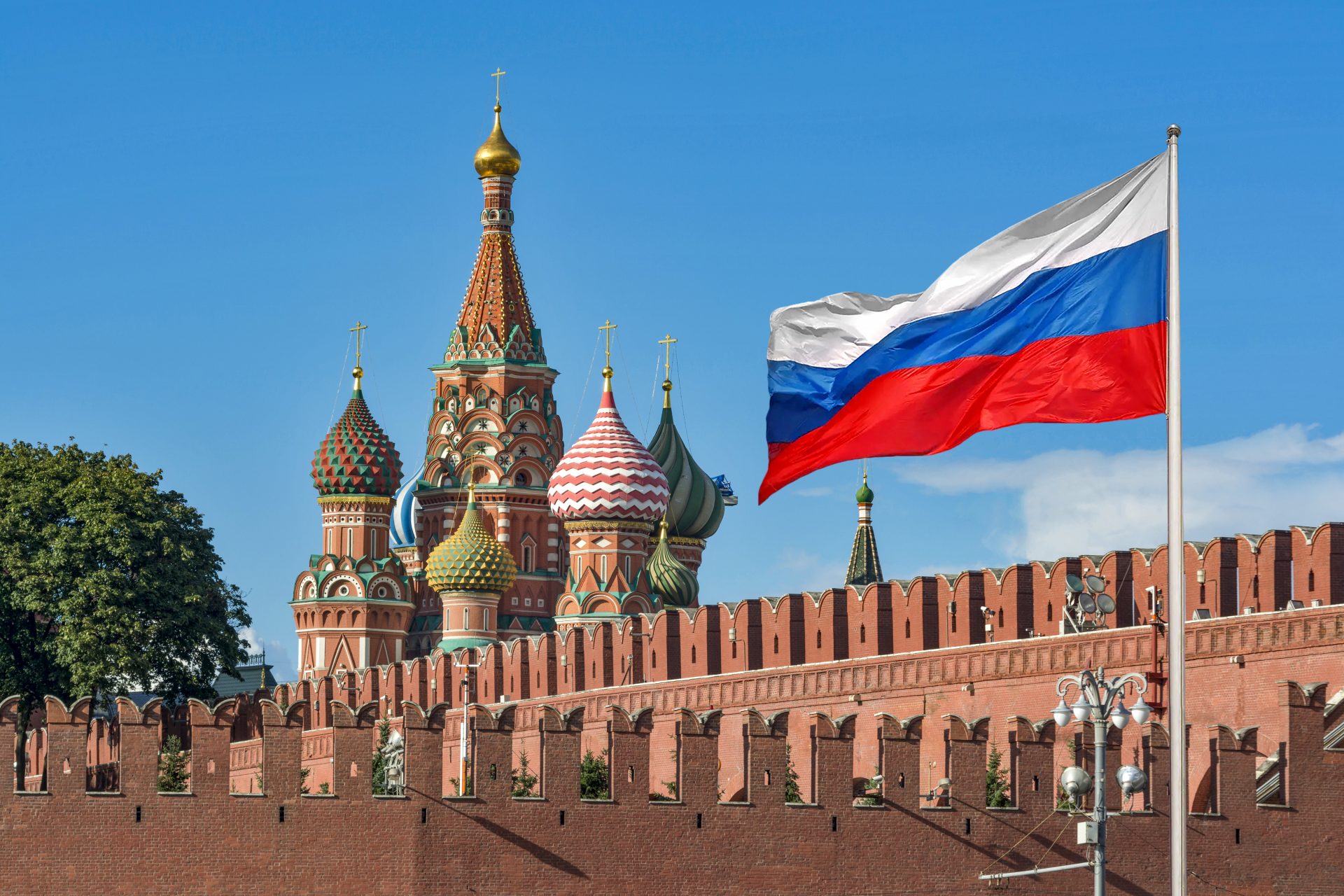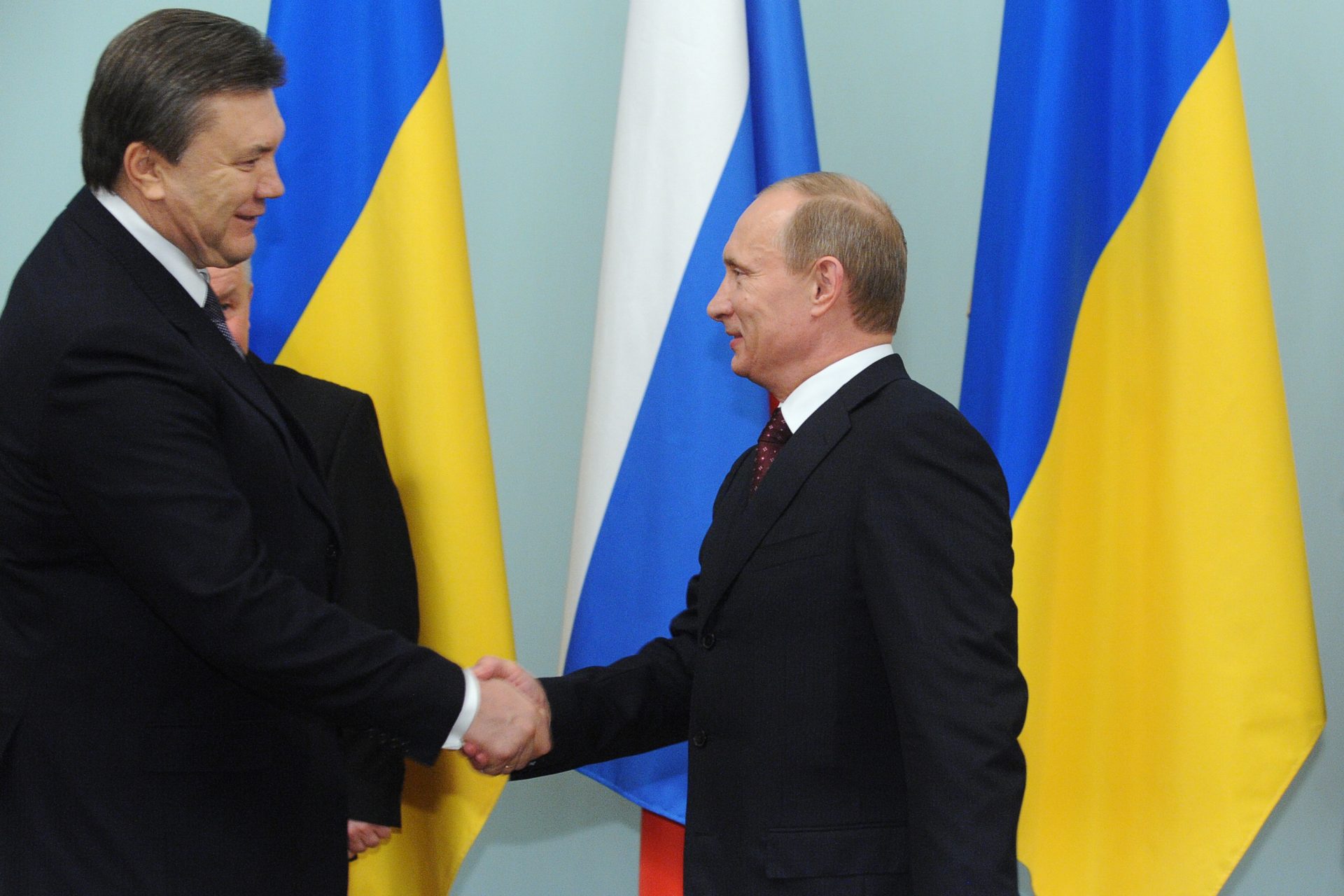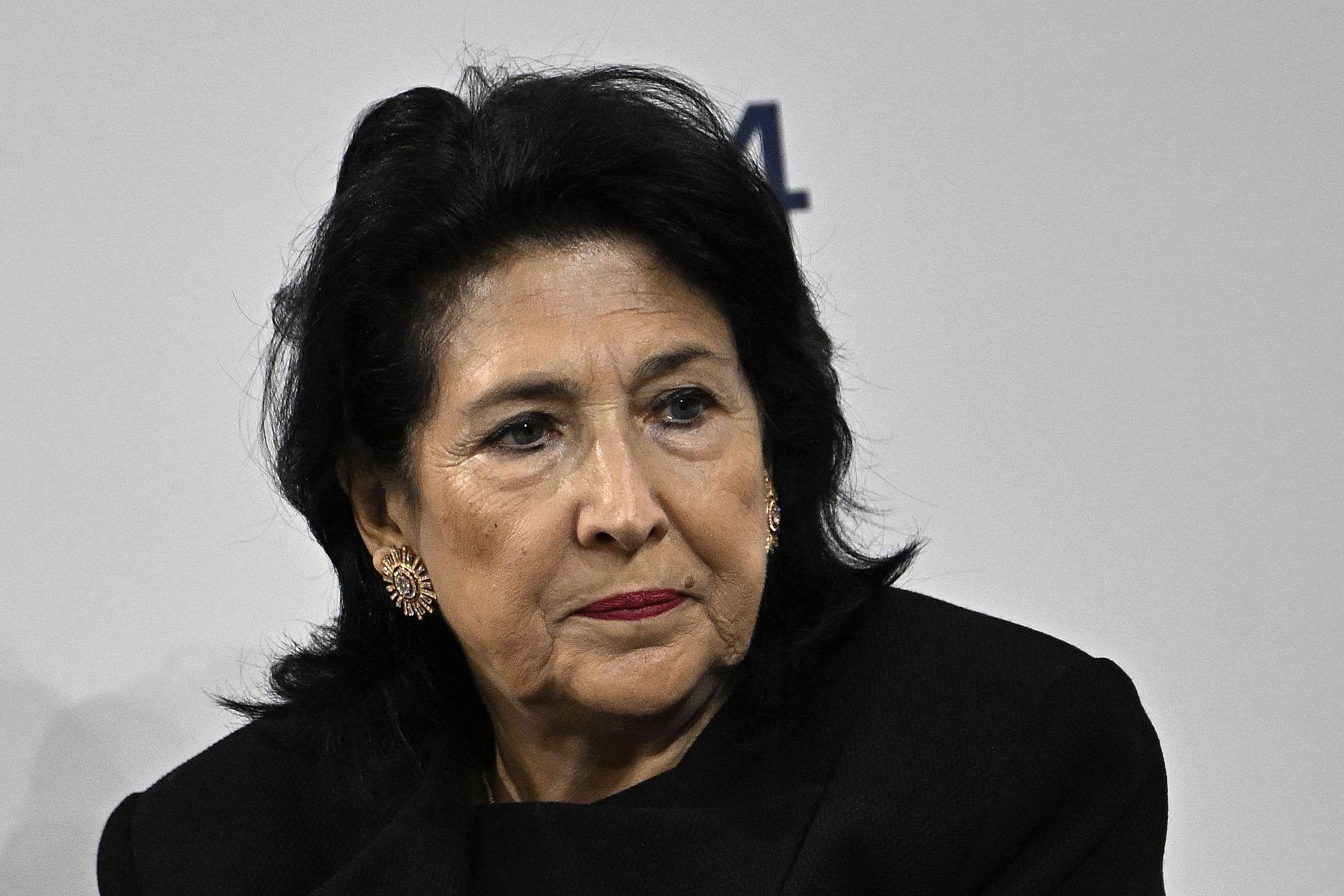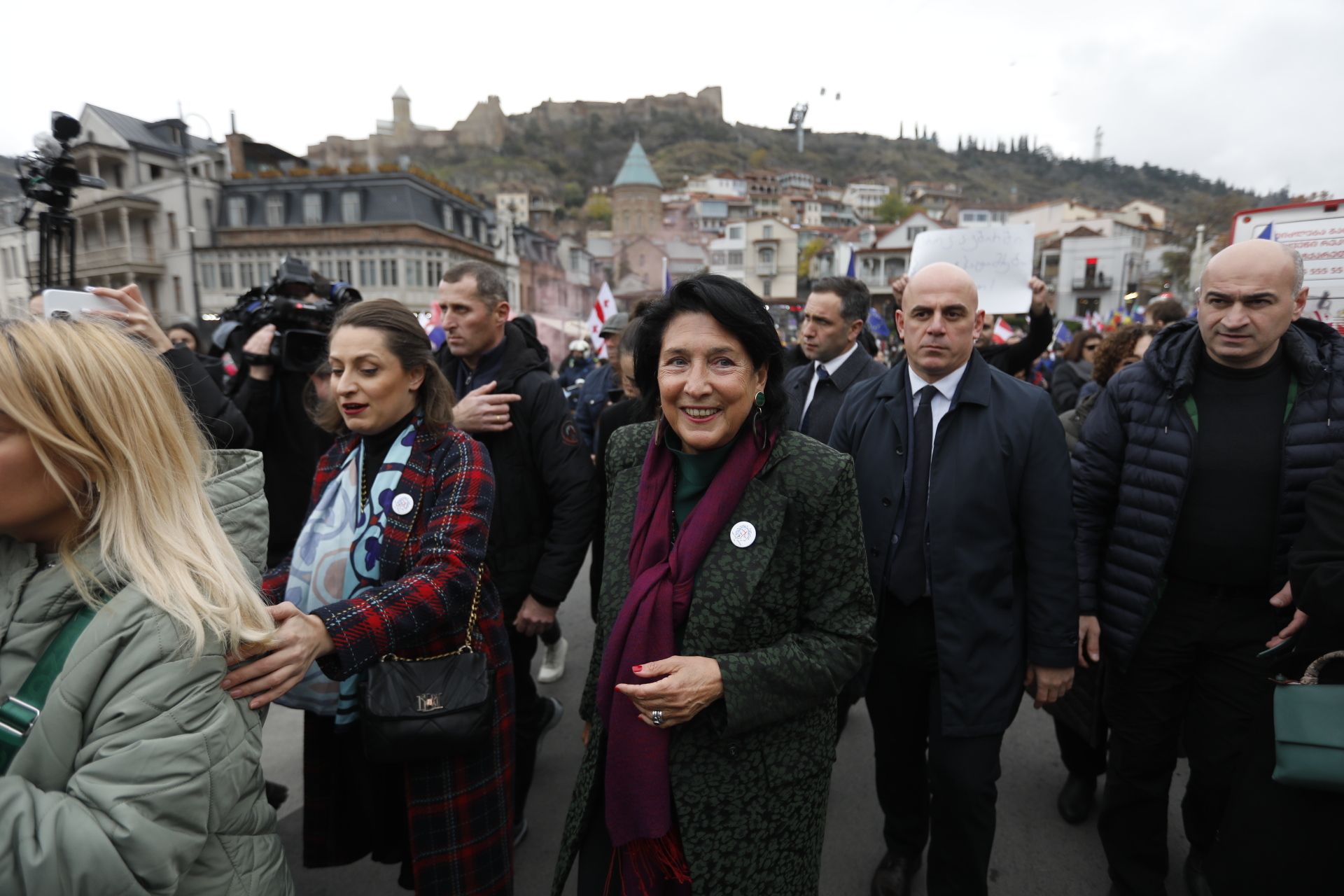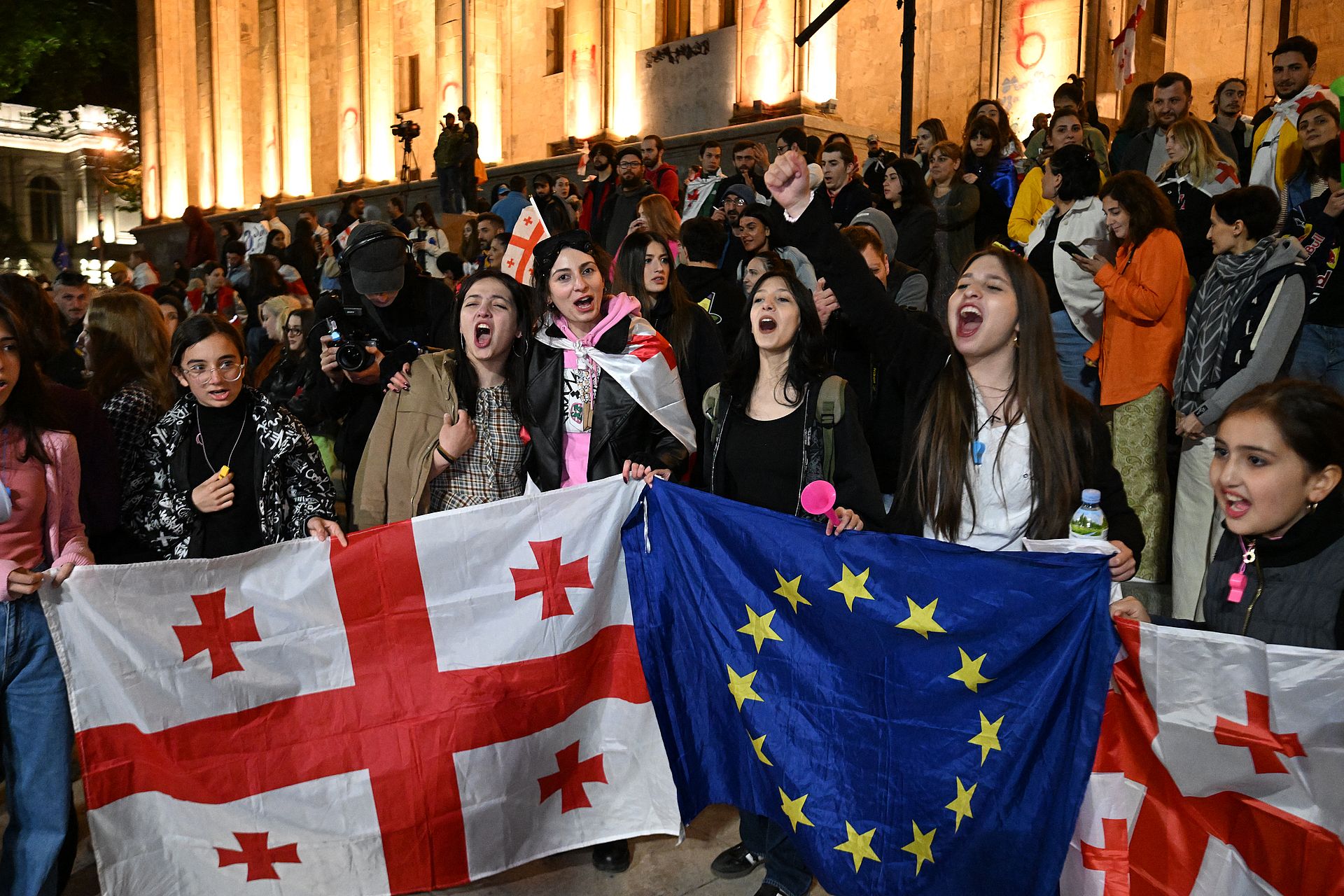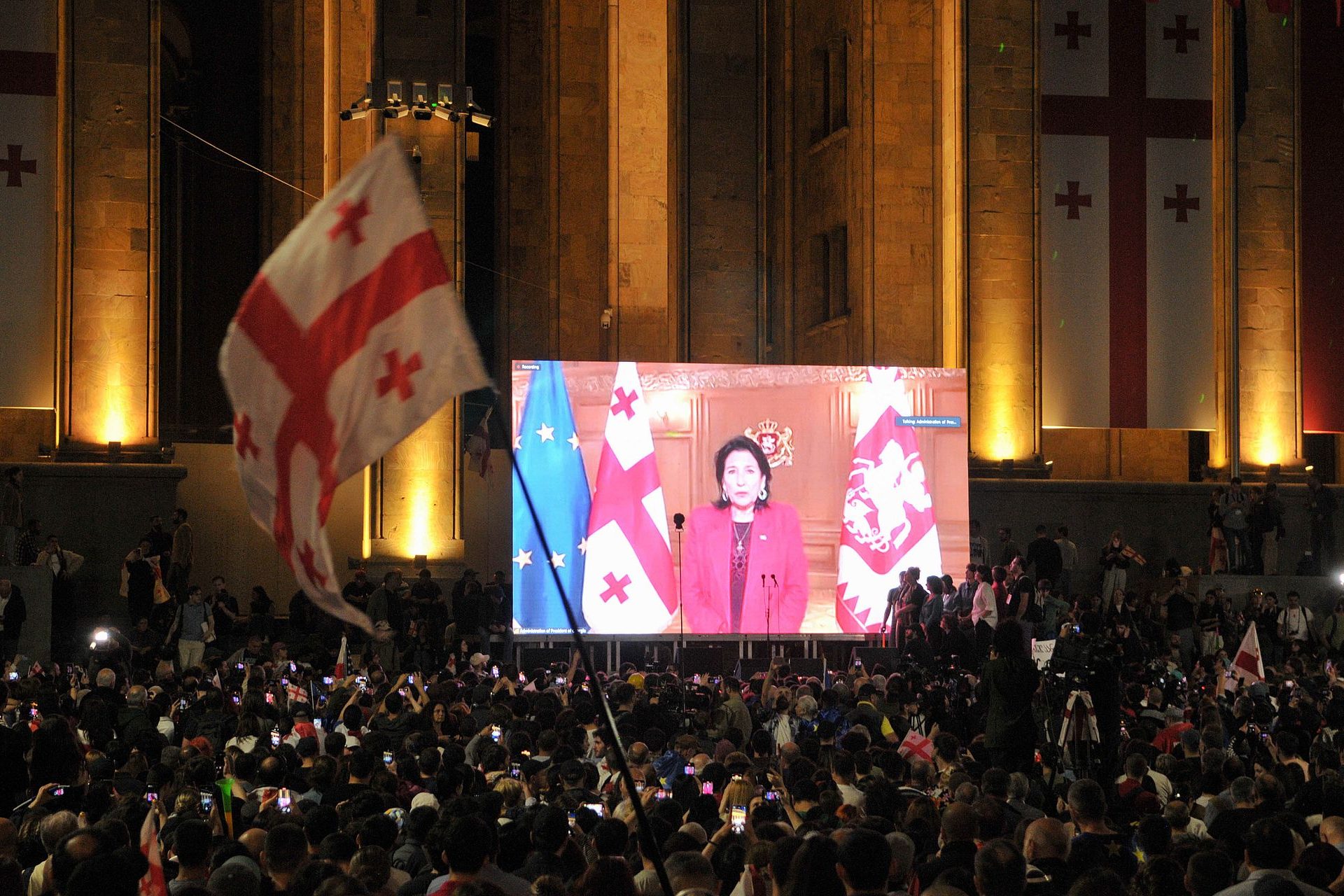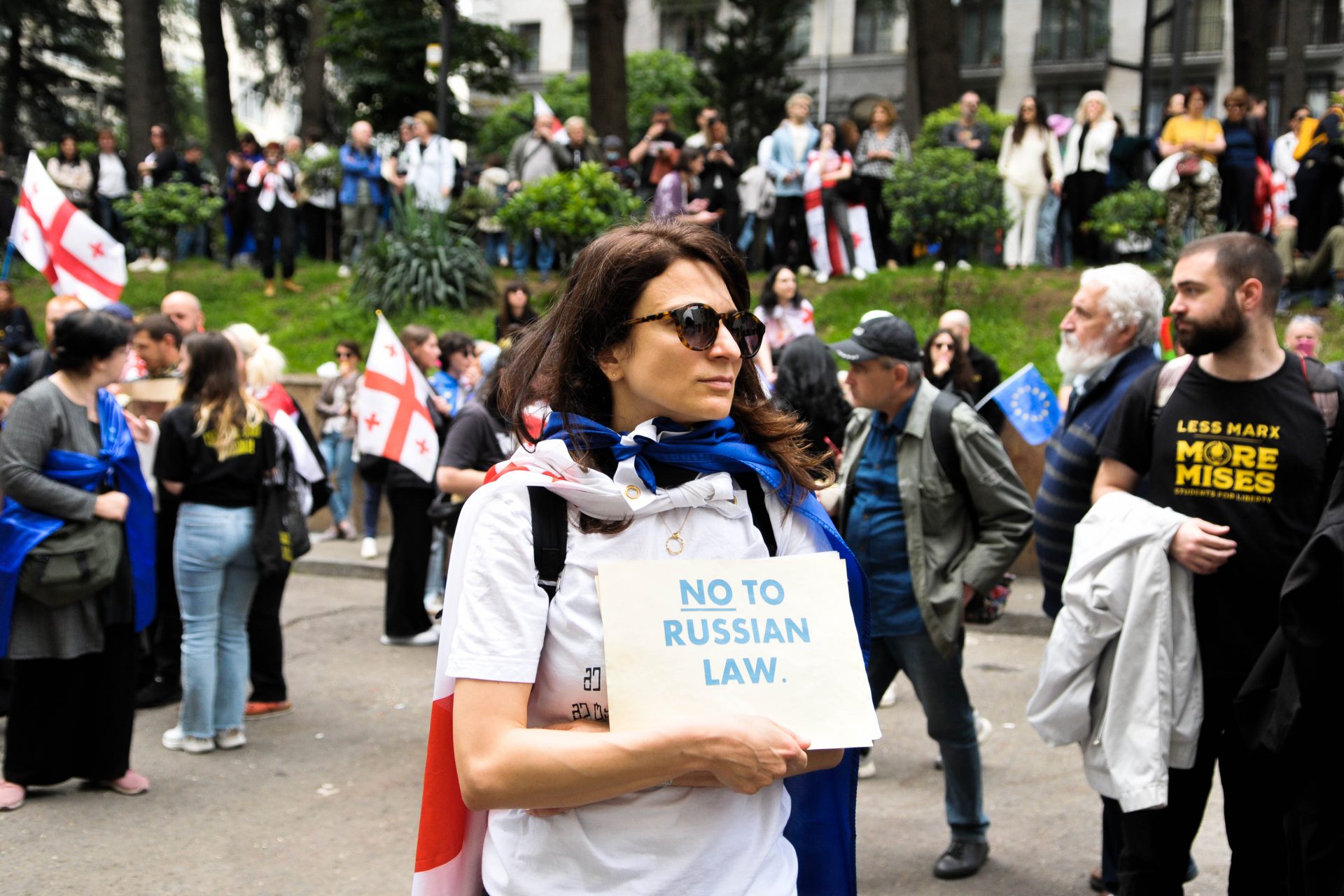Controversial 'foreign agents' bill finally adopted in Georgia
According to AFP, the controversial foreign agents bill was definitively adopted by the Georgian Parliament on Tuesday, May 28, by 84 votes to 4. 20% of the territory of this country remains occupied by Russia.
The bill requires NGOs receiving at least 20% of their funding from abroad to register as “organizations pursuing the interests of a foreign power,” reports Slate. This is officially to protect the country from attempts at external interference.
The law also applies to the press, while independent Georgian publications are financed mainly from abroad. And the sanction planned for recalcitrants is heavy: the equivalent of 8,500 euros, a considerable sum for a small media.
For the Georgian opposition, this new law reflects the authoritarian drift of the majority party in Parliament, Georgian Dream. Especially since it is inspired by an existing system in Russia.
In fact, Moscow adopted a law on “foreign agents” in 2012. The list of “traitors”, which has continued to grow over the years, was even made public by the Russian Ministry of Justice at the end of 2022, as noted by Le Monde.
The conflict surrounding the adoption of this law in Georgia in any case reflects a growing gap between public opinion, massively pro-European since the invasion of Ukraine, and the current power.
Brussels has already warned that the provisions of this bill would obstruct Georgia's future membership in the European Union. The country has been a candidate to become a member of the EU since 2022.
Georgia remains marked by Russia's lightning invasion of South Ossetia, in the north of the country, in 2008. Moscow continues to occupy this territory and Tbilisi's attempts to join NATO have failed.
Georgian Dream officially wants to move closer to the West and accuses opposition parties of playing into Russia's hands. In reality, all political forces in the country launch such accusations at each other.
Opponents also denounce the role of Bidzina Ivanishvili, a “rich businessman perceived as the shadow leader of Georgia”, indicates French newspaper L'Express.
Former Prime Minister and honorary president of Georgian Dream, he is “suspected of proximity to Russia, the country where he made his fortune”, specifies the weekly.
For the promoters of the law, the aim is also to promote transparency in relation to the NGOs which have spread to the country since the end of the Cold War.
Accused by some of being a Trojan horse of the United States, these organizations nevertheless promoted the fight against corruption and the adoption of democratic standards in Georgia.
Russia, which fears losing influence in the Caucasus region and seeing Georgia move closer to Europe, approves this law in which it sees a gesture of conciliation.
As the French publication Le Monde indicates, detractors of the bill believe that it could divert “this Caucasian country from Europe to draw it into Moscow’s orbit”.
Slate underlines the risk of a pro-Russian shift in Tbilisi, similar to the Ukrainian precedent: elected in 2010 by promising a rapprochement with the EU, President Viktor Yanukovych (left in the photo) made an about-face in 2013 in signing a privileged economic partnership with Russia.
On May 18, the President of Georgia, Salomé Zourabichvili, symbolically vetoed the law which had just been passed for the first time. She denounced a project “Russian in its essence and which contradicts our Constitution”, as indicated by France 24 .
The project “contradicts our Constitution and all European standards and therefore represents an obstacle on our European path”, declared the political leader in a press briefing, calling for its repeal.
Representative of the European Union for Foreign Affairs, quoted by France Info, Josep Borrell declared "deeply regretting" the vote of the Georgian Parliament.
Condemning a decision that ignores "the Euro-Atlantic aspirations of the Georgian people", he called on Tbilisi to "return firmly to the EU path".
Shortly after the Parliament vote, the Georgian president called on her compatriots to demonstrate and announced that she would call for a referendum if a sufficient number of signatures were collected.
“Do we want a European future, or slavery under Russia?” launched Salomé Zourabichvili, taken up by France Info. The future of the country remains to be seen.
More for you
Top Stories



